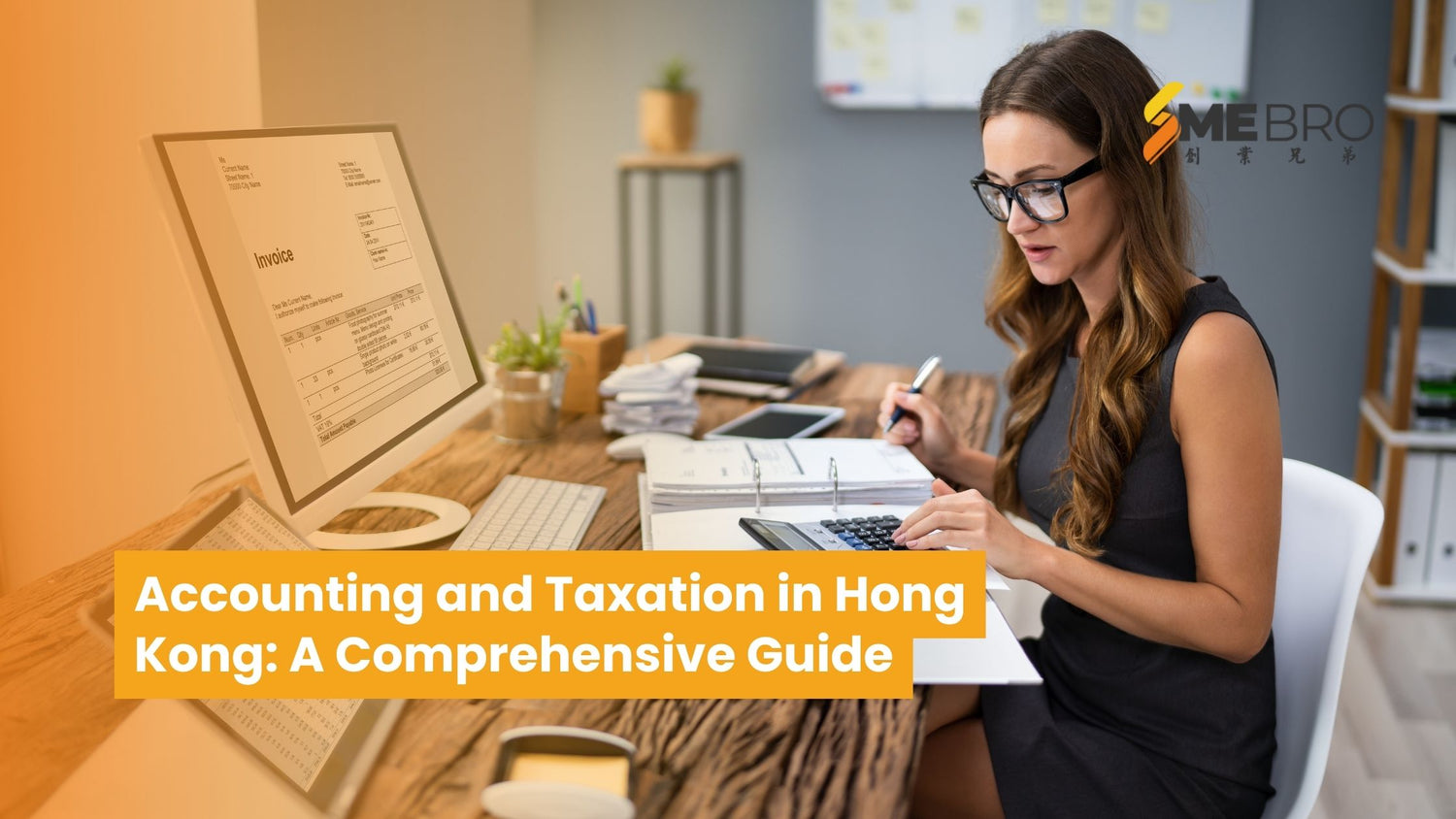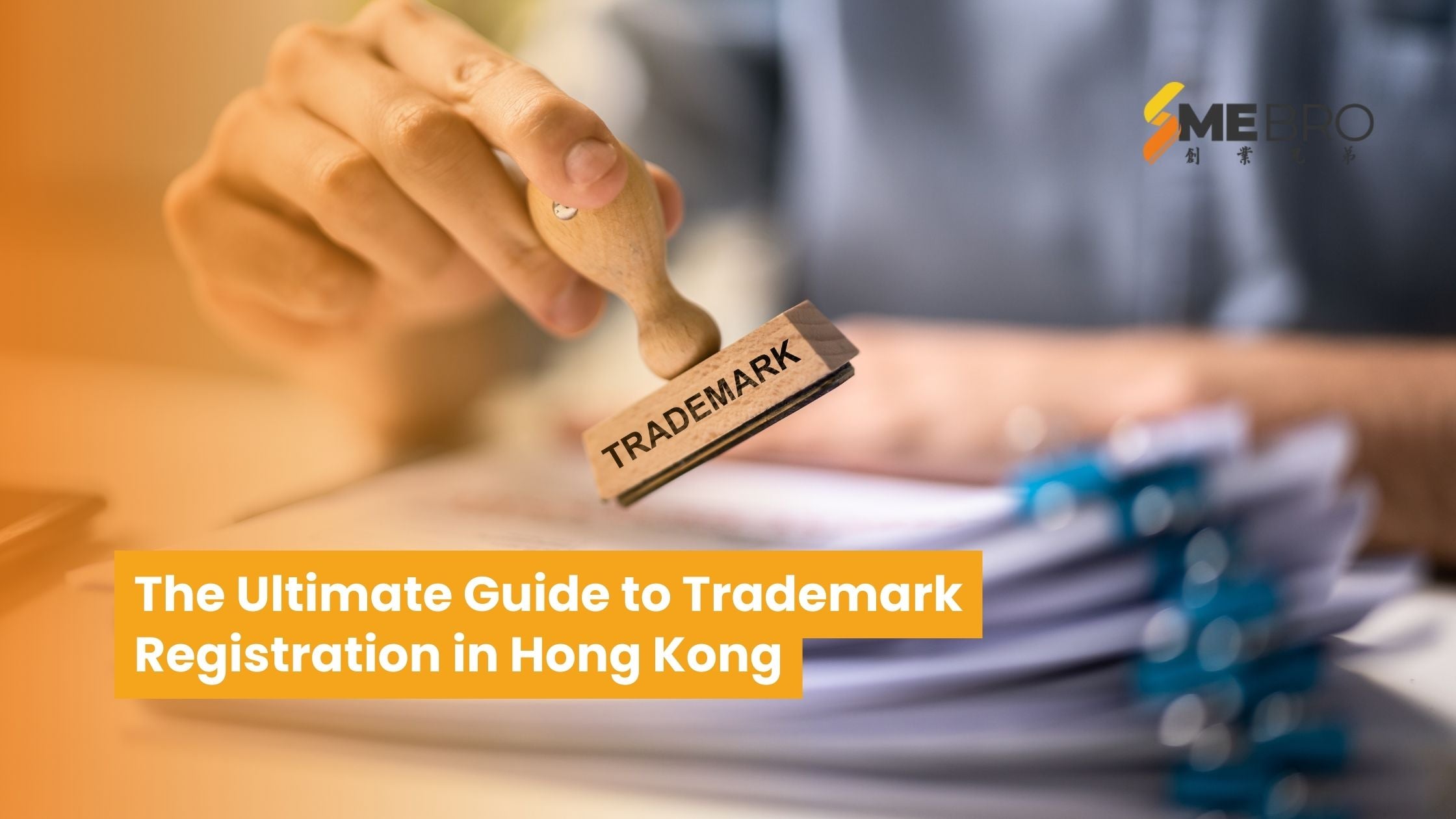Planning on doing business in Hong Kong? Great choice! It's a vibrant hub of commerce, but navigating its financial rules can feel a bit overwhelming. Don't worry, though – we've got your back.
This guide will break down everything you need to know about accounting and taxation in Hong Kong in a straightforward, easy-to-understand way. Think of it as your personal roadmap to financial success in this exciting market.
Hong Kong's Taxation System: An Overview
Hong Kong uses a territorial taxation system where only income generated in or derived from Hong Kong is subject to tax. This principle applies equally to both residents and non-residents, meaning that international income for Hong Kong residents is exempt from taxation.
Conversely, non-residents earning Hong Kong-sourced income better be prepared to pay their dues. The Inland Revenue Department (IRD) is the big boss overseeing tax collection and administration.
Types of Taxes in Hong Kong
Corporate Income Tax
Hong Kong's corporate tax rates are seriously competitive, designed to make businesses feel right at home:
|
Assessable Profits |
Corporations |
Unincorporated Businesses |
|
First HK$2 million |
8.25% |
7.5% |
|
Over HK$2 million |
16.5% |
15% |
Personal Income Tax
The Hong Kong 2024 budget introduced a two-tiered standard rates regime for salaries tax and personal assessment tax, starting from the 2024-2025 assessment year.
Net Income (Total Income – Deductions) (HKD)
The tax rate applied to your profits depends on your net income, which is calculated by subtracting any allowable deductions from your total income (both figures in Hong Kong Dollars):
- HK$5,000,000 or less: Your profits will be taxed at a straightforward rate of 15%.
- Over HK$5,000,000: Things get a tad more interesting here. The first HK$5,000,000 of your profits are still taxed at 15%. But, any amount over that HK$5,000,000 threshold is taxed at a slightly higher rate of 16%.
Progressive Rates
- 0 – 50,000: 2%
- 50,001 – 100,000: 6%
- 100,001 – 150,000: 10%
- 150,001 – 200,000: 14%
- Above 200,001: 17%
Property Tax
Listen up, property owners! If you're holding properties in Hong Kong, you're gonna want to pay attention to this one.

Unless your property falls under the government or consular category, you'll be subject to a standard rate of 15% on the net assessable value of your properties.
That's right, a flat 15% tax on the value of your real estate assets. But hey, at least it's a straightforward rate, right? No crazy calculations or confusing formulas to deal with. Just a simple 15% charge on the net assessable value of your properties.
Stamp Duty
|
Type of Stamp Duty |
Rate |
|
Ad Valorem Stamp Duty (AVD) |
|
|
(First Time Home Buyers) |
Between HK$100 & 4.25% |
|
AVD (Non-First Time Home Buyers) |
15% (between 5 November 2016 & October 2023) <br> 7.5% (on or after 25 October 2023) |
|
AVD (Non-Residential Properties) |
Between HK$100 & 4.25% |
|
Special Stamp Duty (SSD) |
Abolished as of 28 February 2024 |
|
Buyer's Stamp Duty (BSD) |
Abolished as of 28 February 2024 |
|
Transfer of Hong Kong Stock |
0.1% (Contract Note for sale or purchase of any Hong Kong stock) <br> HK$5 (Transfer operating as a voluntary disposition inter vivos) + 0.2% of stock value <br> HK$5 (Transfer of any kind) |
Other Types Of Tax
|
Tax Type |
Status In Hong Kong |
|
Sales Tax/Value-Added Tax (VAT) |
Not Imposed |
|
Withholding Tax on Dividends and Interest |
Not Imposed |
|
Capital Gains Tax |
Not Imposed |
|
Tax On Dividends |
Not Imposed |
|
Estate Tax |
Not Imposed |
|
Customs/Excise Duty |
Not imposed on exports. Duties imported on select imported goods. |
Hong Kong Budget 2024/25: Tax Relief and Economic Stimulus
In the 2024/25 budget, the Financial Secretary unveiled a comprehensive plan to refine the tax system, stimulate economic growth, and ease the financial burden on individuals and businesses. The proposed measures include:
- A reduction in profits tax, salaries tax, and personal assessment tax for the 2023/24 assessment year, providing relief to individuals and businesses.
- The introduction of a progressive two-tiered standard rates regime for salaries tax and personal assessment tax, promoting a more equitable tax system.
- Allowing tax deductions for lease reinstatement costs, offering businesses financial support when their leases expire.
- Eliminating the time limit for claiming allowances on industrial and commercial buildings, enhancing investment appeal in these sectors.
- An increase in business registration fees, coupled with a two-year waiver of the business registration levy, reducing operational costs for businesses.
- Reinitiation of hotel accommodation tax collection, stabilizing revenue streams for the hospitality industry.
- Removal of all demand-side management measures for residential properties, revitalizing the housing market.
- By eliminating stamp duties on the transfer of real estate investment trust (REIT) units and transactions by option market-makers, Hong Kong aims to stimulate activity and growth in both its real estate and financial sectors.
Hong Kong Tax Returns
Income derived from professions, businesses, or by non-resident individuals is subject to profits tax and must be reported. Individuals in these categories must complete and submit the profit tax return and required documents to the Inland Revenue Department (IRD) by the specified deadline.
Personal or Individual Tax Return
For those employed by Hong Kong companies, your entire salary is generally subject to tax. However, if you earn income from work done outside of Hong Kong, you may be eligible for a tax exemption for that assessment year.
This exemption generally doesn't apply to civil servants or airline crew members. If you're an employee who worked in Hong Kong for less than 60 days, you might also be eligible for a tax exemption.
This is determined on a case-by-case basis by the Inland Revenue Department (IRD) based on the documentation you provide.
Profits Tax Return for Corporations (PTR)
The Inland Revenue Department (IRD) issues the Profits Tax Return for Corporations (PTR) annually in April.
Companies have one month to file the PTR after receiving it. Starting from the second year onwards, companies can request an extension for filing the PTR beyond their first financial year-end.
Newly incorporated companies may receive their first tax return 18 months after incorporation, and they must submit the completed PTR within three months from the issue date.
Late submissions may result in strict penalties from the IRD for non-compliance with the PTR filing requirements.
The Wrap-Up
Mastering accounting and taxation in Hong Kong might seem like a tall order, but with the right information and resources, it doesn't have to be.
By understanding the fundamental principles, staying informed about updates, and seeking professional guidance when needed, you can confidently navigate the financial landscape and set your business up for success in Hong Kong.



